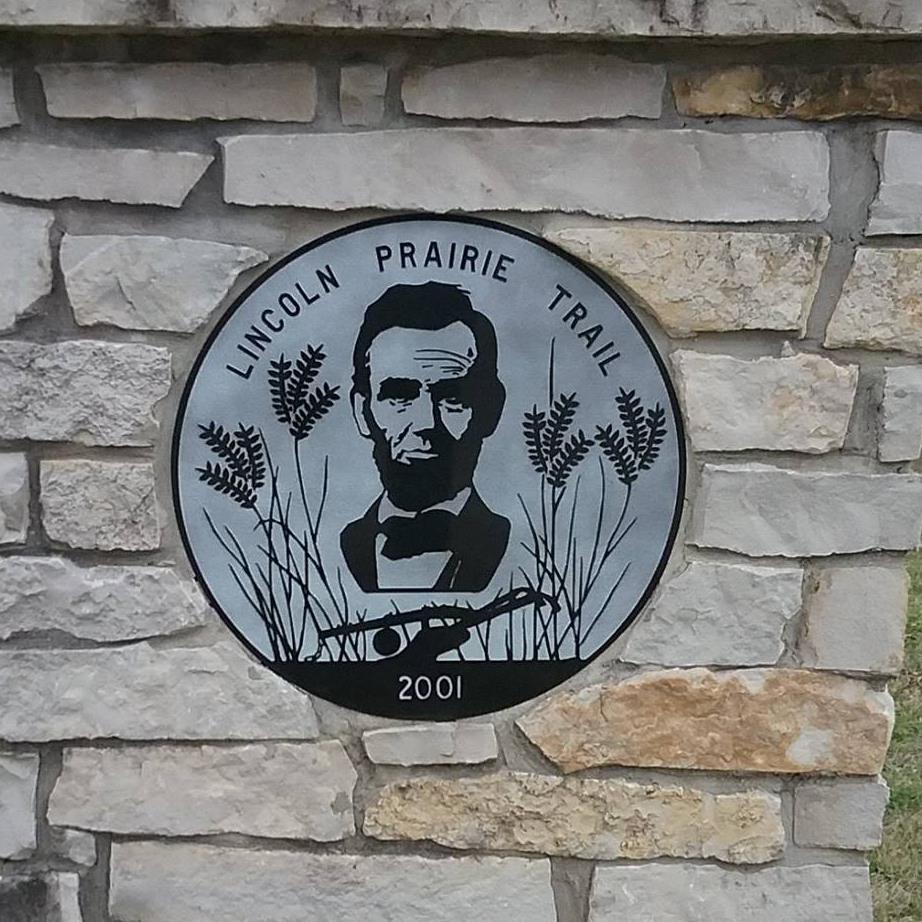With all the talk of COVID-19, other viruses have tend to be less talked about, but that doesn’t make them any less dangerous. One virus that doesn’t get talked about enough is the shingles virus. Shingles is caused by the varicella zoster virus (VZV). It is the same virus that causes chickenpox. Once you’ve had chickenpox, the virus stays dormant in your body, but it can appear later and turn into shingles. Shingles usually pop up on one side of the face or body and in one small area. Symptoms can include chills, fever, headache, sensitive skin, and an extremly painful rash. There is greater risk for older people and people who have trouble fighting infections. Dr. William Hook, a family practice physician says they can be pretty painful.
Cases of shingles last between three to five weeks. It starts with burning and tingling pain followed by a rash before turning into blisters and drying up and crusting over about 10 days later. There is a vaccine for shingles. It is given in two doses. Doctors recommend getting the second dose between two and six months after the first dose. Potential side effects include arm soreness, fever, and headache.
For people who are undecided about getting the vaccine, Dr. Hook says it’s not worth it to get shingles.
Shingles is not contagious, but you can catch chickenpox from someone with shingles if you’ve never had it or haven’t received your MMRV vaccine. Treatment for shingles includes antiviral medicine and pain medicine. Wet compresses, calamine lotion, and oatmeal baths can help with the itching from shingles.
For more information on shingles, visit here.













